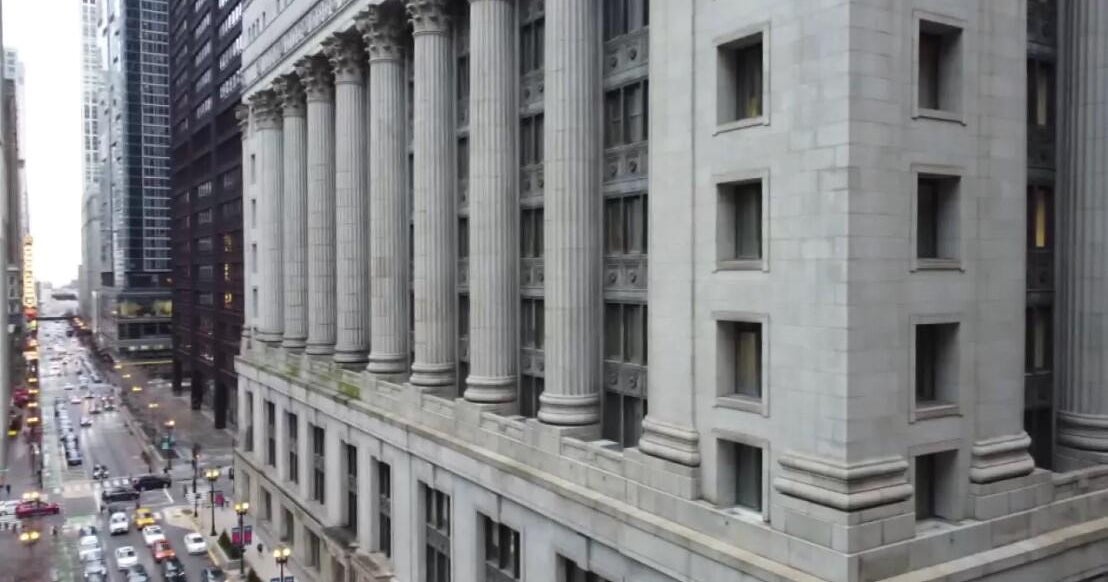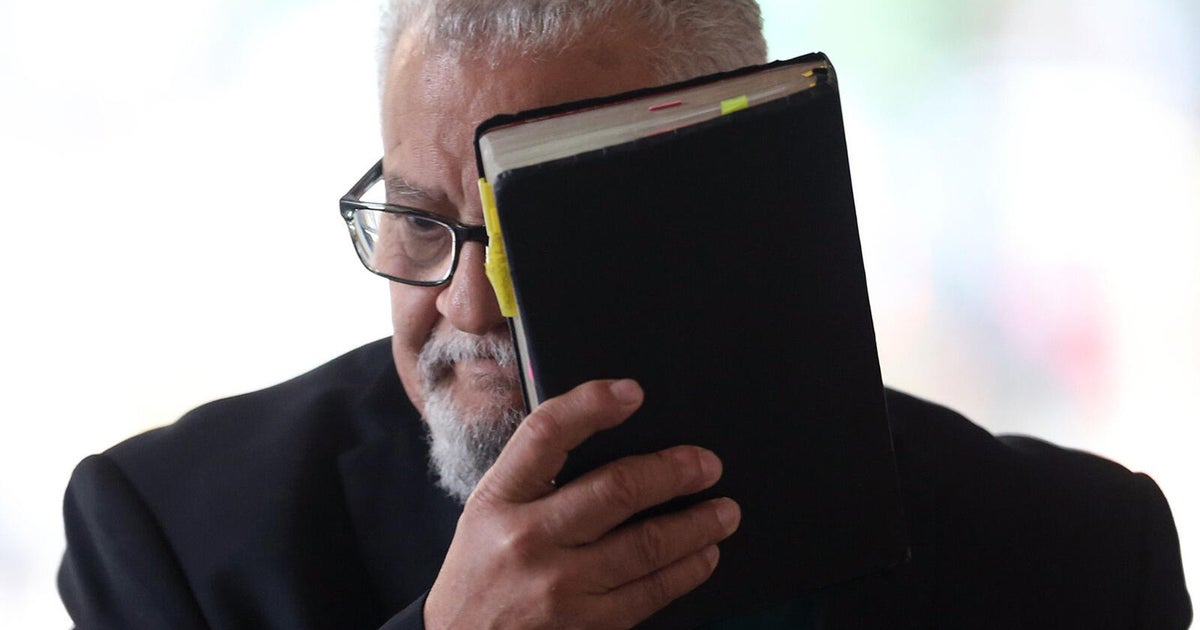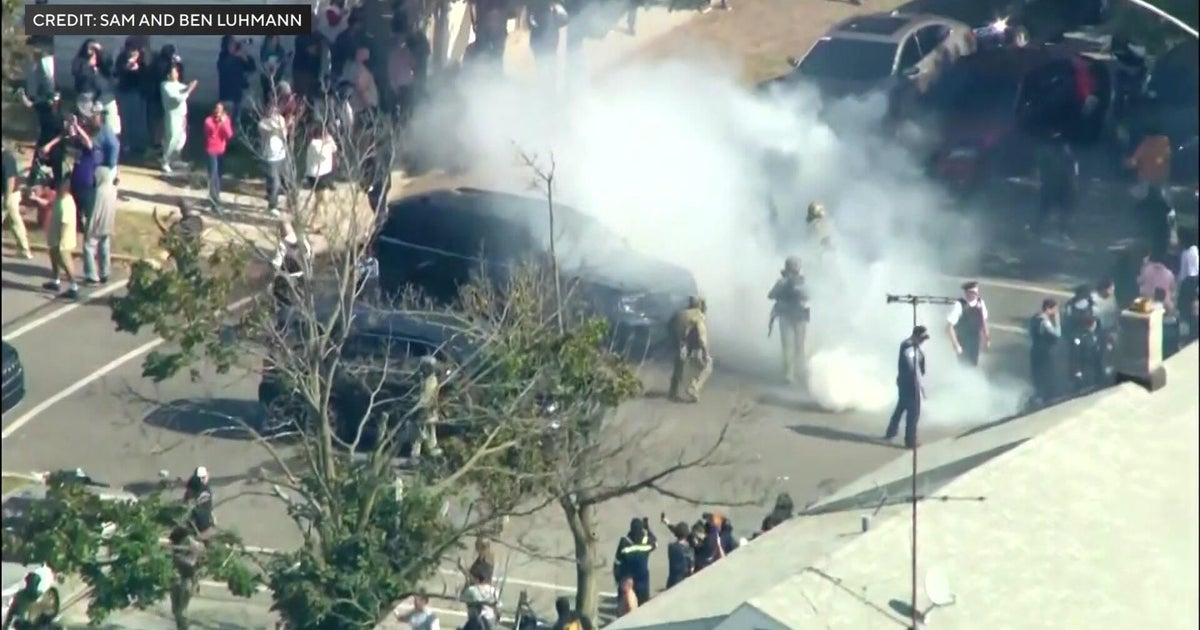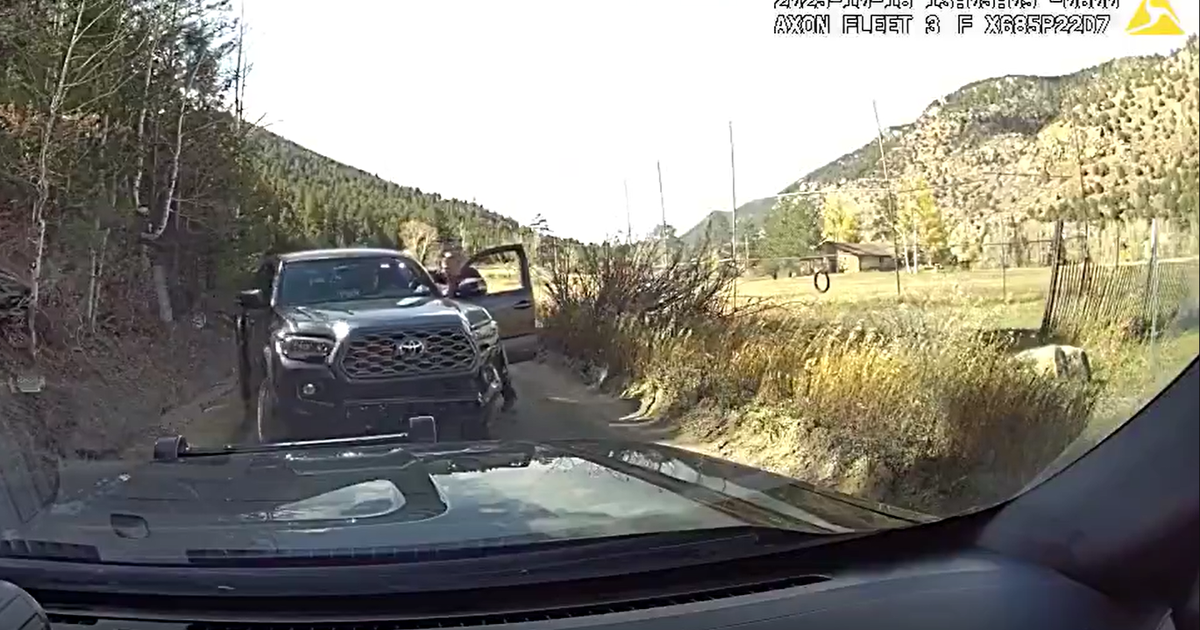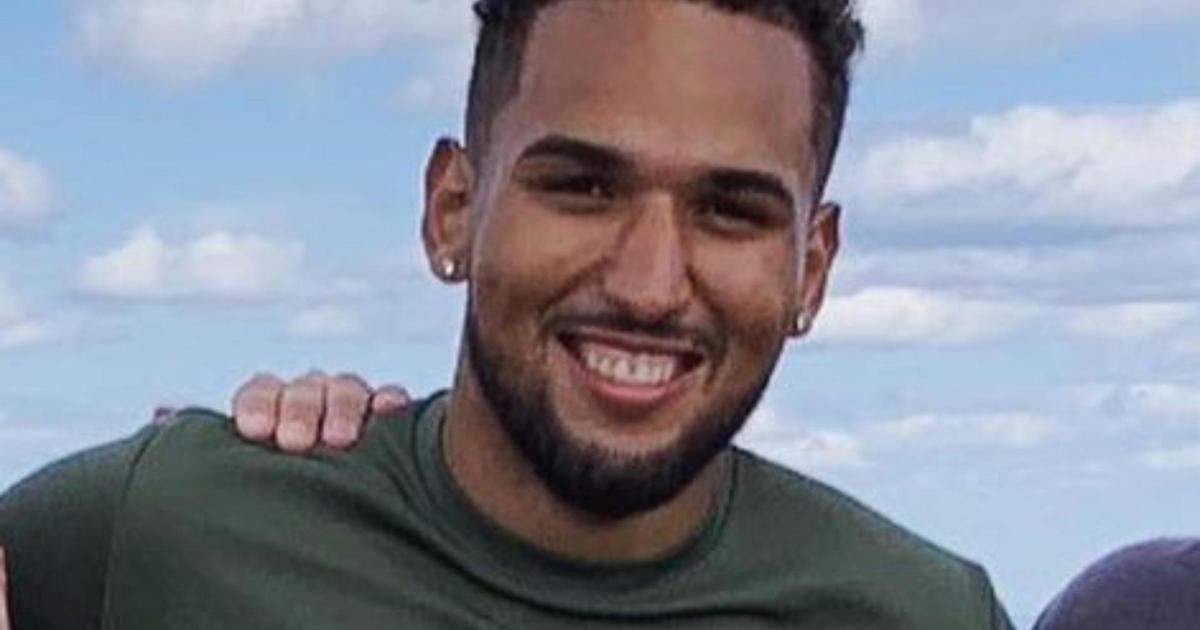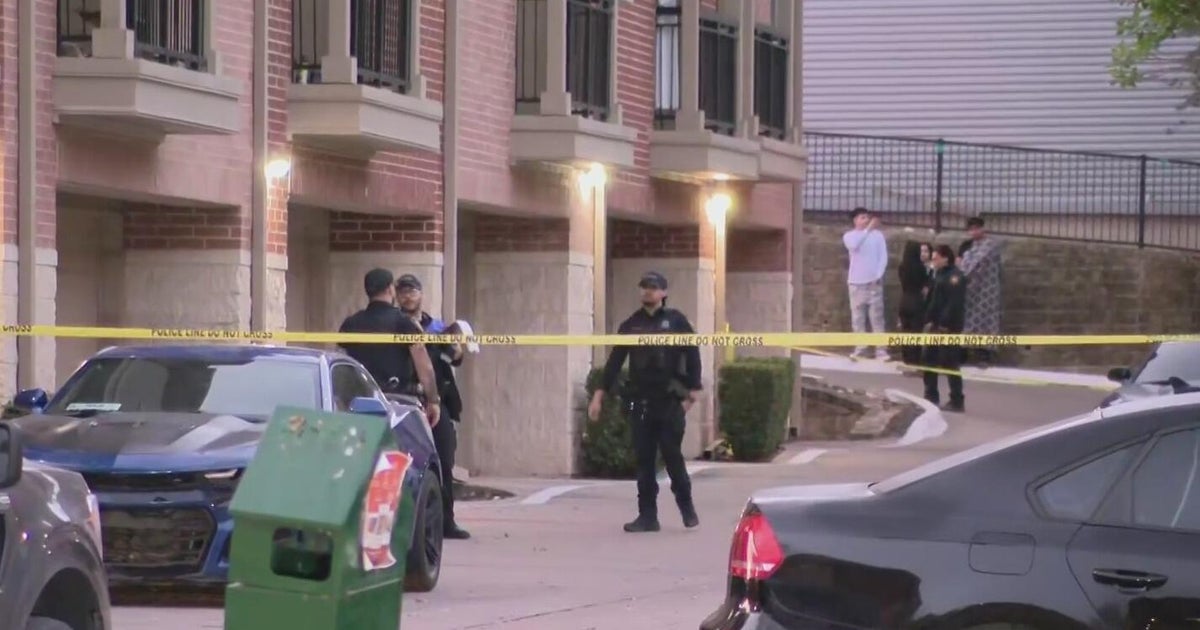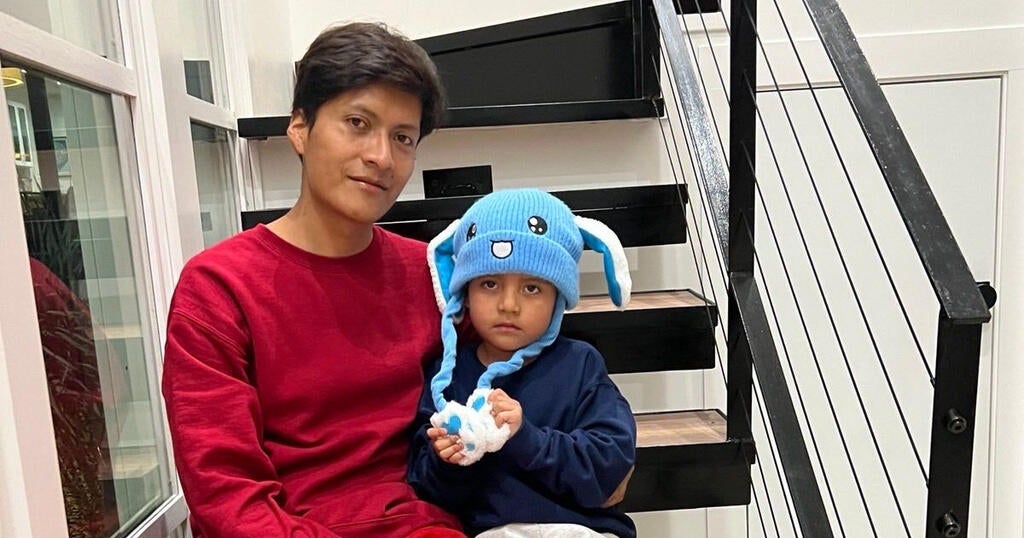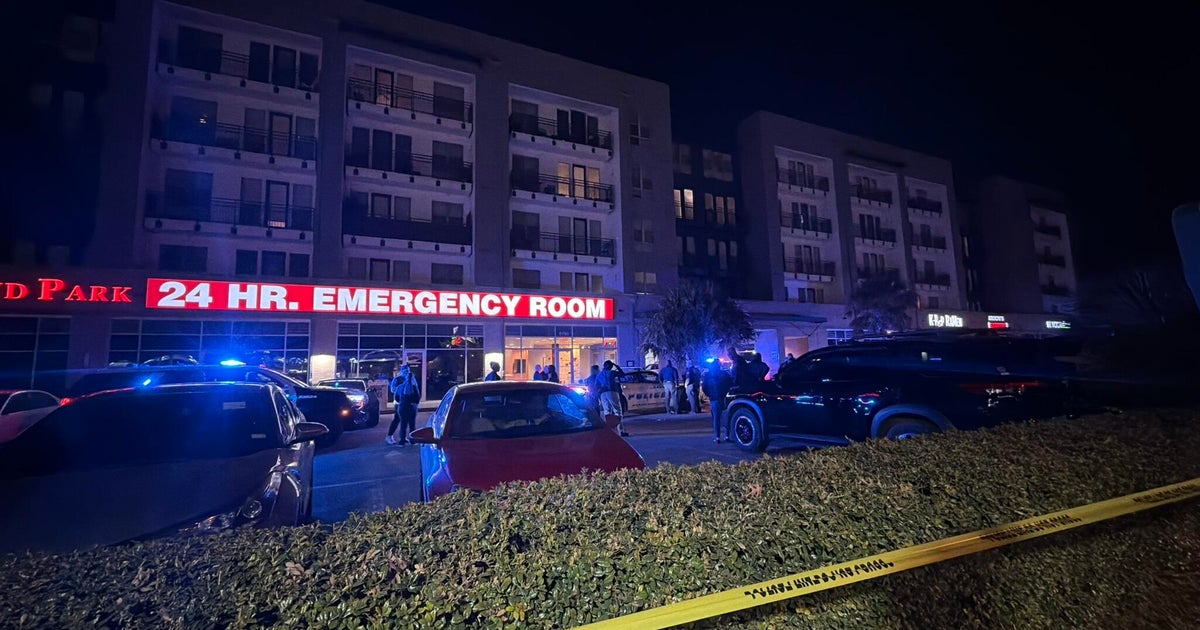Chicago Police will now be held accountable for search warrant reforms under consent decree, following years-long CBS 2 investigation
CHICAGO (CBS) -- The Chicago Police Department now faces federal court oversight, and mandated reforms, when it comes to the execution of search warrants after CBS 2's years-long investigation into wrongful police raids.
On Friday afternoon, a federal court judge granted a motion to change the CPD consent decree to now include oversight on the department's search warrant policies and procedures.
1011.Home Raid Stipulation Signed by Court by Todd Feurer on Scribd
Craig Futterman is a clinical professor of law at the University of Chicago Law School and one of the lead attorneys who represent a community coalition in the Chicago Police Department consent decree. He explained what the addition of search warrant reforms to the consent decree means in practice.
"It means that wrong raids – that home raids that CBS has uncovered – are now governed expressly by the Chicago Police consent decree," Futterman said. "They are now under the supervision of a federal judge, and that means everything – everything from search warrant policies, training practices, CPD use of force, gun pointing at kids. Interactions with kids, discrimination, racism, the use of body cameras. Actually giving people the opportunity to answer the door – reporting on this all going to be monitored by a federal judge and an independent monitor to ensure that everything the Chicago Police Department does is in compliance with the consent decree."
The consent decree, a series of mandated CPD reforms that a federal court is overseeing to make sure they are implemented, was first put into place in 2019.
The federal investigation was launched into Chicago policing after the killing of Laquan McDonald. A key finding was abusive policing occurring in communities of color and a lack of accountability.
Issues CPD has been ordered to overhaul include use of force, training, impartial policing and more. But search warrants were not part of the decree until now.
"So this is really a big day," Futterman added. "This is a day folks have long been fighting for, and the culmination of a multi-years-long investigation and sustained coverage and spotlight on this horrific and traumatic practice of wrong raids – particularly in Black and Brown families' homes – by the Police Department."
In August 2018, the CBS 2 Investigators began exposing a pattern of Chicago officers systemically raiding the wrong homes of innocent people. Using the department's own data, we found the bad raids were primarily happening in communities of color. We also found officers pointing guns at children, withholding warrants for extended periods of time, turning off body cameras and other behavior that left innocent families traumatized.
Anjanette Young has become a symbol of these wrong raids. The innocent social worker was home alone and changing her clothes when officers burst into her home and handcuffed her naked in February of 2019. The CBS 2 Investigators were the first to release the body camera video showing a terrified Young repeatedly telling officers they were in the wrong home.
The wrong raid on her home became a lightning rod for change, with five Black alderwomen proposing the so-called "Anjanette Young Ordinance," pushing for stricter search warrant reforms through city law, which they believed to have more teeth compared to CPD's new search warrant policy. More than a year after that proposal was introduced, it has yet to come up for a vote, and supporters are planning a Saturday rally to demand its passage.
Futterman said it is time to pass the Anjanette Young Ordinance – and also said placing search warrant reform under the consent decree does not go far enough.
"Just putting this under the supervision doesn't change the bad policies that continue to exist. There's still a need for doing things like the Anjanette Young Ordinance and passing that. And there's, If the city is really going to be true and really going to be committed to ending wrongful raids and discrimination, it will do just that. It will pass the Anjanette Young Ordinance. And doing nothing short of that would be a failure."
Young will lead a rally Saturday at Daley Plaza, in support of the Anjanette Young Ordinance.
In each case like Young's, CBS 2 has found officers using confidential informants for tips, but then failing to verify the accuracy of them.
Following our years of investigation, in August 2020, lawyers involved with the consent decree filed a 14-page enforcement action, a letter demanding the department stop its pattern of "abusive" search warrant tactics, or the team would take the city to federal court. It cited CBS 2's findings and what the attorneys called systemic police misconduct and excessive force. It was proof, they said, for why search warrant practices needed the federal court oversight.
After the CBS 2 Investigators exposed the botched raid on Anjanette Young's home, a coalition of community groups, including the ACLU, filed a motion asking the court include oversight of search warrants in the consent decree, and to ensure CPD makes changes to address discriminatory and unconstitutional searches.
ACLU Illinois deputy legal director Michelle Garcia said they are "pleased to see the clear and unambiguous inclusion of search warrants and home raids under the rubric of the consent decree. Black and Brown individuals and families across Chicago have been victimized by racially discriminatory, unconstitutional and violent home raids by CPD for many years. We know that the illegal home raid of Anjanette Young was not a one-off. Given the harm and trauma these raids cause, judicial oversight is necessary to reform CPD's illegal practices and make systemic change. In short, CPD is not going to fix search warrants and home raids by itself. The consent decree is the appropriate venue for addressing this pressing need for Chicago."
For years the city fought against any change to include search warrants in the consent decree. But Friday in court it was said all parties worked together and agreed on this decree modification.
The CPD search warrant policies and procedures will be monitored to make sure those are not discriminatory or retaliatory. CPD also has to have data collection, training, supervision and accountability systems to make sure they are following the Constitution and all laws.
Also in court it was said the CPD will have direct and meaningful interactions with Chicagoans who know how it feels to be raided, and the inclusion of search warrants in the decree will be very important to rebuilding community trust.
CBS 2's investigation of wrong raids like Young's case has prompted a series of other changes by CPD and City Hall, including:
- Chicago Police overhauled their search warrant directive.
- The mayor created a body camera executive order so victims can more easily obtain police video.
- The officers who raided Anjanette Young's home were put on desk duty and face 100 misconduct allegations – action that was only taken after our investigation, nearly two years after the raid. Multiple officers face termination or suspension.
- City council held an extensive hearing on search warrant reforms.
- Chicago's Inspector General (IG) launched an investigation into possible wrongdoing, including in the mayor's office. The IG released a summary of that report, finding the city's response to the raid was "exceedingly harmful to Young," but Lightfoot has refused to release the full report.
- The IG has an ongoing investigation into CPD search warrant policies and practices, and has released interim findings urging "urgent recommendations" for changes to search warrant policies, immediately adopted by police.
- Search warrant legislation was created.
Mayor Lori Lightfoot, CPD Supt. David Brown, and Illinois Attorney General Kwame Raoul issued a joint statement on the changes made to the consent decree on Friday, which said in part, "Chicago's residents deserve a police department that they trust wholeheartedly. Though we have laid the foundation for police reform within CPD and the City, we know that there remains much to be done. The way we build trust is by ensuring every officer is equipped with the tools to do their job constitutionally, effectively, and equitably. That is how we're striving to become a better police department and in turn, to build a better and safer city for all."
However, the city actually fought for years to keep search warrants from being included in the consent decree – as Futterman pointed out.
"CPD has been fighting this as opposed to embracing this with open arms – and so this is no small event and an event that again wouldn't have come about but for the eye and work of CBS 2; but for the work of people in the community who've raised this and continued to fight this," Futterman said, "and all credit really goes to a federal judge who then heard our cries."
The changes made to the consent decree on Friday also give CPD an extra three years to come into full compliance with the court-ordered reforms, giving the department until 2027.
"The three year extension approved by the court today simply recognizes reality. The City has failed to meet more than half the deadlines required under the decree during its first years of enforcement. We are encouraged that everyone involved recognizes that this process needs time – and the full attention of Mayor Lightfoot and the City – to be successful," ACLU Illinois deputy legal director Michelle Garcia said.

